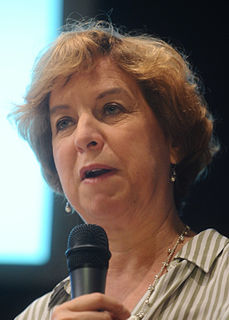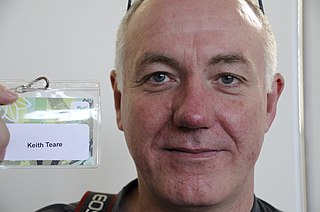A Quote by Jim Balsillie
There may be 300,000 apps for the iPhone and iPad, but the only app you really need is the browser. You don't need an app for the web ... You don't need to go through some kind of SDK ... You can use your web tools ... And you can publish your apps to the BlackBerry without writing any native code.
Related Quotes
A person who is app-dependent is always searching for the best app; and as soon as its routine has been executed, the person searches for the next app. A person who is app-enabled also uses apps frequently. But he or she is never limited by the current array of apps; apps will free the person to do what he or she wants to do, or needs to do, irrespective of the next application of the app. An app-enabled person can also put devices away, without feeling bereft.
I was lucky enough to go see Steve Jobs with Marc Benioff. We were talking about the iPad, and one of the things Jobs said - and it was a little self-serving - was go and build your iPad app, and that is going to change the way you think about your online app, and you will go back, and you will redo your online app. I believe that.
When you close a tab or when you finish an article on the web, it's gone unless you go back into your history or search for it or explicitly try to find it. Apps on your phone have this special property: they hang around. In some ways, they're more like a book on a bookshelf than they are like web pages.
Best of all, persons can sometimes be app-transcendent: making dramatic progress or discoveries, without any dependence on any app. In this context, I like to mention Steve Jobs. While he had as much to do as anyone with the invention and development of apps, he NEVER was limited by the current technology - indeed, he typically transcended it and relied on his own considerable wits.
































